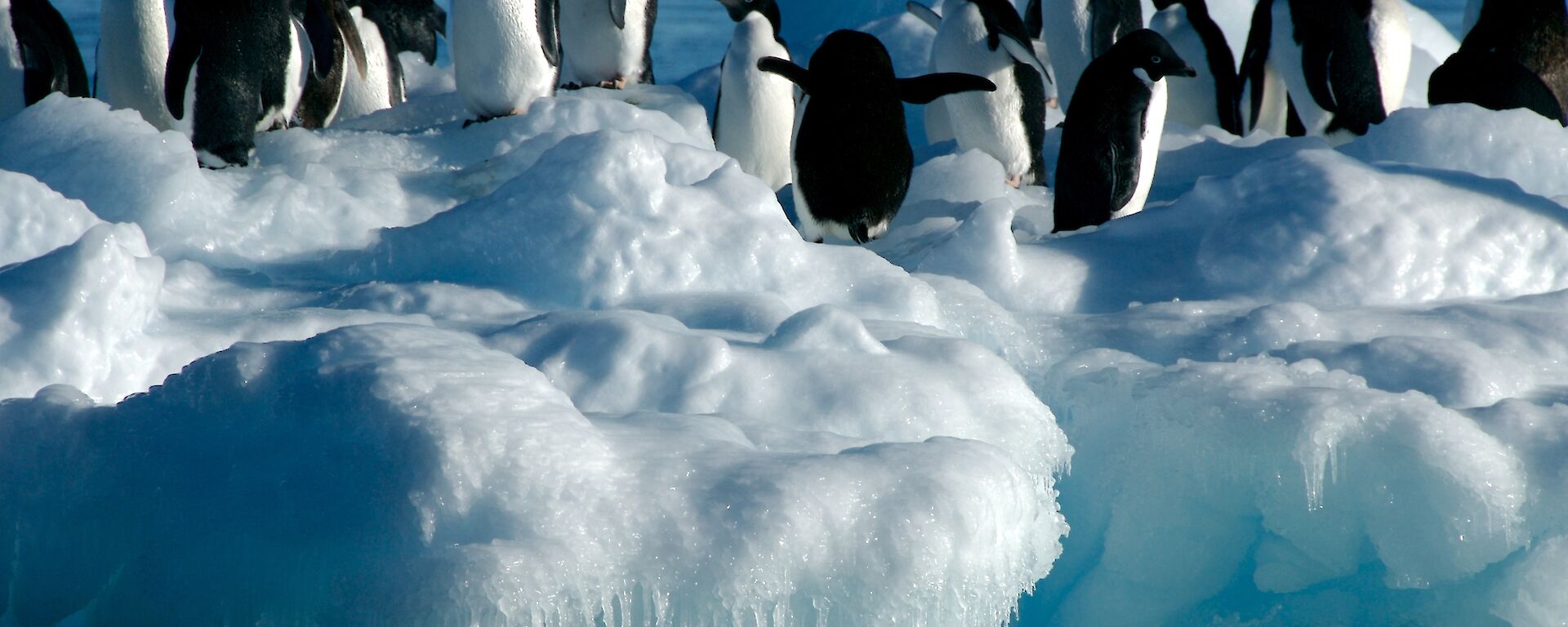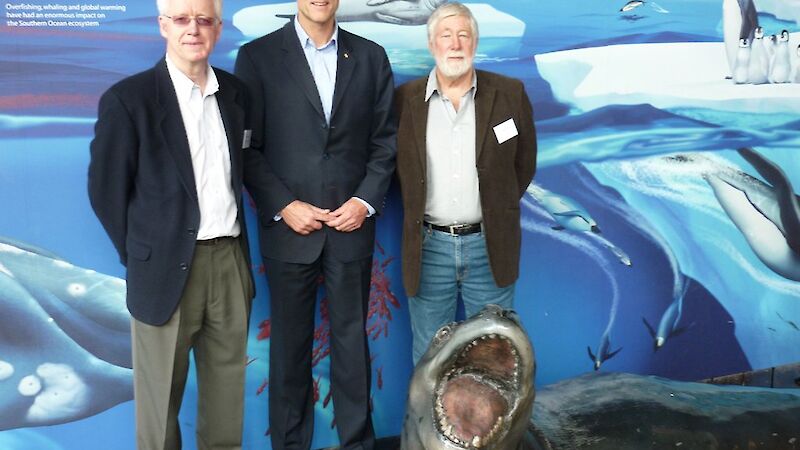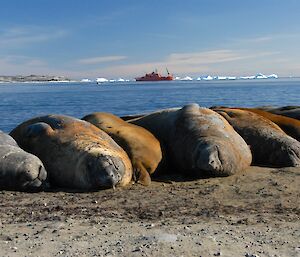Environment Protection Minister, Peter Garrett, today launched the book ‘Health of Antarctic Wildlife: A challenge for Science and Policy’ at Taronga Park Zoo in Sydney.
“The Health of Antarctic Wildlife book not only looks at the human impact on Antarctica but also how our activities over the rest of the globe are affecting this remote and extraordinary continent,” Mr Garrett said.
“The research provides a fascinating insight, showing for example, that the health of Antarctic seals and birds are potentially being compromised by humans introducing diseases, global warming, illegal, unregulated and unreported (IUU) fishing and even by pesticides transported by global atmospheric circulation.”
Edited by Australian Antarctic Division scientists Dr Martin Riddle and Dr Knowles Kerry, the book represents over a decade of work by 28 contributors, and provides a broad assessment of disease and other threats to the health of Antarctic birds and seals, with a focus on ensuring that our presence in Antarctica does not add to the natural challenges faced by these animals.
The Minister echoed the remarks of US Secretary of State Hillary Clinton, who at a joint session of the Antarctic Treaty Consultative Meeting and Arctic Council in 2009 to celebrate the 50th anniversary of the Antarctic Treaty, highlighted the importance of continued commitment to better managing the impacts of human activity on Antarctica, including Antarctic tourism.
“The number of visitors landing in Antarctica has expanded from 12,000 in 2000/2001, to around 36,800 in the 2009/2010 Antarctic summer season. This growth in the industry, along with the continuing presence of people conducting scientific research and changing attitudes to the environment, bring into question how human activity should be managed to protect the Antarctic environment,” Mr Garrett said.
“As a consequence of the research that went into this book, Australia has developed our own procedures — building on the principles of the Madrid Protocol — to reduce the chance of disease introduction and spread by human activity and we encourage other nations to adopt similar precautions.”
“Australia is very aware of the increased international activity in Antarctica, including in the Australian Antarctic Territory, and we are committed to ensuring that the management of such activities continues to improve, and our interests are advanced.”
“The Government has committed to continue to fund the intercontinental airlink, to continue to undertake Antarctic Treaty inspections, and to the development of a new 10 year Science Strategic Plan which seeks to deliver the maximum benefits to the Antarctic environment and Australia.”
The book is targeted at scientists, policy makers and administrators involved in protecting and promoting the health of Antarctic wildlife from around the world.




